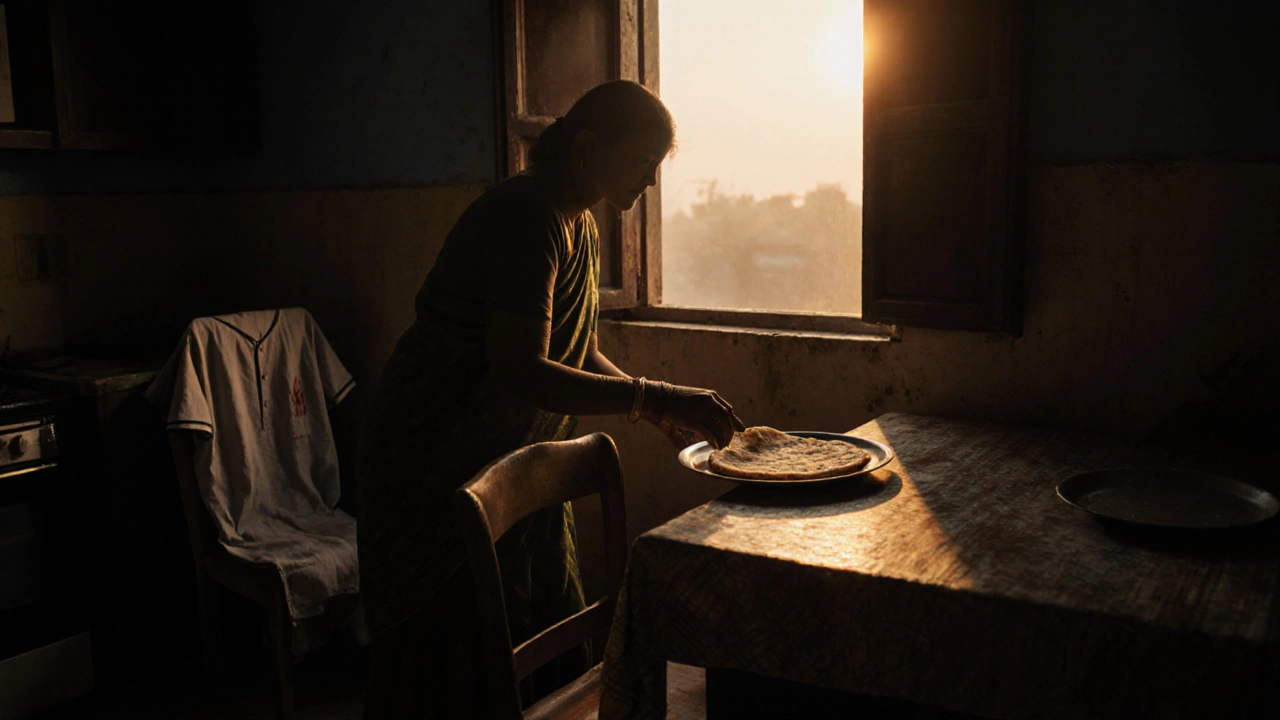Volta Poem: What It Is and How Indian Poets Use It
When you read a poem that suddenly shifts—like a whisper turning into a shout—that’s the Volta, the sudden turn or shift in thought, tone, or emotion in a poem, often found in sonnets but used widely across modern verse. Also known as the poetic turn, it’s not just a technique—it’s the heartbeat of emotional truth in poetry. You don’t need to know Latin to feel it. You just need to have been surprised by a line that changed everything you thought you were reading.
The Volta doesn’t care if you’re writing in English, Hindi, or Tamil. It shows up in Kabir’s couplets when he flips from devotion to doubt. It’s in Ghalib’s verses where love turns to grief in a single line. It’s in modern Indian poets who start with a happy memory and end with silence. This isn’t just a European rule—it’s a human rhythm. And in India, where poetry lives in street corners, wedding songs, and WhatsApp forwards, the Volta is how we say what we can’t say outright.
Think of it like a song’s bridge. One moment you’re dancing. The next, you’re crying. That’s the Volta. It’s why a poem about a monsoon can end with a funeral. Why a love note can turn into a goodbye. Why a poem about a mother’s hands can suddenly become about time stealing them away. The emotional shift is what makes poetry stick. It’s not about fancy words. It’s about honesty that hits you sideways.
What you’ll find in the posts below isn’t a textbook on the Volta. It’s real examples—how Indian poets use it, how it shows up in sad poetry terms like Udasi and Virah, and how even a simple birthday wish can carry its weight. You’ll see how a three-word quote can be a Volta. How a blog post about friendship names hides one. How the most powerful lines aren’t the ones that rhyme—they’re the ones that change direction.
- Arjun Bhardwaj
- 15-11-25
- Short Poetry
What is a Volta poem? Understanding the twist in short Indian poetry
A Volta poem isn't about form - it's about the sudden emotional turn that gives short Indian poetry its power. Learn how this ancient poetic device lives on in modern verses that capture silence, sacrifice, and unspoken truths.
Details